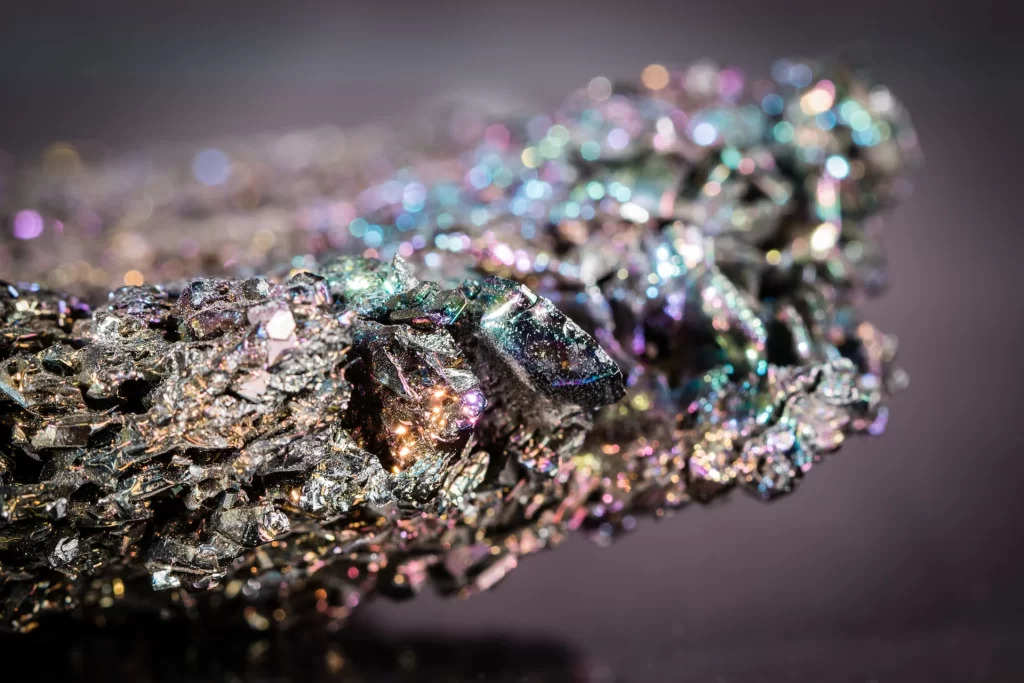
The growing global demand for critical clean energy minerals has prompted African nations to prioritize deeper geological research on the continent.
These discussions took center stage during the African Ministerial panel at the Critical Minerals Africa conference held at the Cape Town International Convention Centre.
South Sudan, despite being rich in minerals, had historically neglected its mining sector due to its heavy focus on oil and gas production.
Although there has been a shift towards mining in the past two decades, substantial progress has yet to be made, especially regarding geological surveys.
South Sudan’s top priority is now geological mapping, and it seeks cooperation with other African nations to avoid duplication of efforts.
The country has signed memoranda of understanding with companies from Russia, China, and other nations.
Tanzania, a mature mining nation, established the Geological Survey of Tanzania in 1925, with 95% of the country surveyed at a low-resolution scale, primarily focused on precious metals.
Recognizing the importance of critical minerals for the future, Tanzania has shifted its focus to exploration in this area.
They have set a seven-year vision to conduct deeper exploration of the minerals within the country, with the understanding that partnerships with other African and international countries are vital for funding and technology. The European Union and Australia have offered partnerships to support this endeavor.
Zimbabwe, another mature mining nation, has not historically concentrated on minerals and metals necessary for clean energy technologies.
Leon Godza, the Director of Energy Minerals at Zimbabwe’s Ministry of Mines and Mining Development, emphasized the importance of partnerships in this new focus on critical minerals.
Zimbabwe believes that substantial exploration is yet to be done to uncover the country’s full potential in this area. Collaborations with other nations and organizations are seen as essential to achieve these goals.





